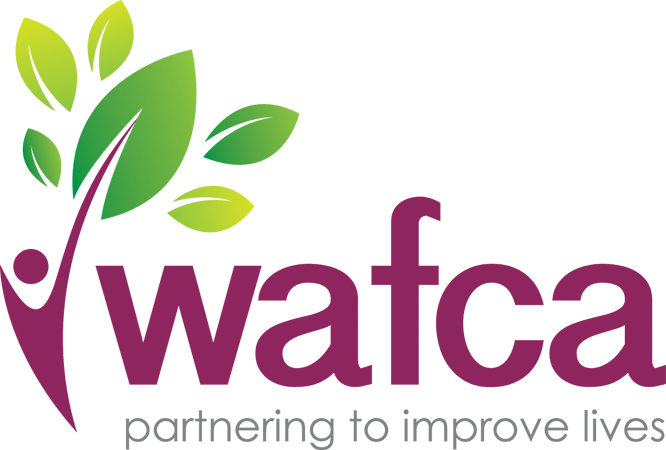|
BACKGROUND: A series of workgroups engaging voices from state, county, provider and lived experience partners have in convened recent years to study services in other states and consider mechanisms to fill the gaps in Wisconsin’s continuum of care for children and youth with complex needs. Through these deliberative discussions, stakeholders recommended changes to Wisconsin’s youth care settings to improve access to appropriate levels of care for children with complex needs. Two bills endorsed by WAFCA to improve our members' ability to serve youth are currently available for a hearing :
- A bill to authorize the creation of PRTF in Wisconsin (SB 913 / AB 1003)
- A bill to permit video recording in group homes, residential care centers and shelters.(SB 914 / AB 1002)
WHY THIS MATTERS TODAY: The voice of our provider community is critical for advancing these regulatory reforms. We are nearing the end of the legislative session and legislators need to know that there is substantial support for advancing these changes NOW.
TAKE ACTION
1) CONTACT YOUR STATE LEGISLATIVE REPRESENTATIVES AND ASK THEM TO SUPPORT SB 913 (PRTF) AND SB 914 (VIDEO RECORDING IN YOUTH CARE SETTINGS)
2) SHARE KEY TALKING POINTS AND YOUR AGENCY/PROFESSIONAL STORY
Review/re-share the WAFCA Co-sponsor memo here
Psychiatric Residential Treatment Facility (SB 913 / AB 1003)
- On any given day, as many as twenty Wisconsin children are receiving mental health services in psychiatric residential treatment facilities (PRTF) outside of Wisconsin because we do not have the right level of care to support them. Wisconsin does not currently authorize operation of PRTFs.
- Youth mental health providers are committed to caring for youth in community. Keeping children in Wisconsin helps with better transitions, improves opportunities for family engagement, and supports options for youth to receive the right level of care at the right time.
- In the absence of PRTFs, Wisconsin's care continuum is left with a gap that results in children being placed into settings - like detention, emergency rooms or shelters - that are not equipped to support their mental health treatment needs.
- This bill will authorize DHS to begin working on administrative rules and federal approval to establish a PRTF level of care in this state. Enactment of this legislation does not solve all of the issues our system is facing to care for children with complex needs, but it empowers Wisconsin to bring one more option to the table for our children and families.
Video Recording in Youth Care Settings (SB 914 / AB 1002)
- Under current law, children placed into a youth care setting under the Children's Code have a right not to be filmed or taped without their consent. While video monitoring is permitted in youth settings, recording video is not.
- This bill would require all youth care settings to develop a safety plan that may include a plan that incorporates video recording in common areas. No setting would be required to adopt video recording, but providers would have that option based on the agency safety plan.
- This change in state law is supported by providers and others who have been working to increase care options for children with complex needs.
- Video recording may enable more timely resolution of allegations against staff by assisting law enforcement, child protective services, licensing, and the facility itself to investigate matters in a more complete, less subjective, way. Currently, investigations can take months to complete which takes a financial and emotional toll on all parties involved..
- A video record validates the voices of young people harmed in care by increasing accountability for staff who engage in abusive, neglectful, or inappropriate behavior.
- For staff who are absolved of wrongdoing, the time away from performing direct care duties is shortened, which helps with retention and supports a safe environment by not requiring others to work extra to fill that temporary staff vacancy.
- It provides opportunities for on the job training that other methods cannot. Videos of incidents – both that were managed effectively and poorly – can be valuable resources for debriefing, and provide a mechanism for staff to review and reflect on their own actions. Seeing how you responded on tape rather than visualizing how you responded in your head, removes the bias we tend to have toward ourselves.
3) NOTIFY WAFCA ABOUT YOUR OUTREACH
Let us know that you contacted your legislator. Please copy us ([email protected]) on the email message or drop us a separate email to let us know which legislators you contacted. Knowing about your outreach helps us to amplify your effort!
Questions? Contact Kathy Markeland, [email protected] or Emily Coddington, [email protected] if you have any questions or need assistance with your advocacy. Thank you!
More resources: WAFCA State Policy Advocacy 101
|

